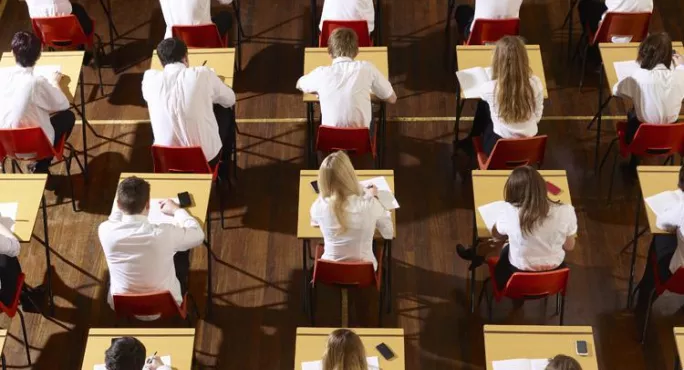News coverage of GCSE exams is more positive than might be expected, new research suggests.
Matthew Carroll, of Cambridge Assessment, says in a study that analysed some 2 million published words that exam boards should engage better with the media to explain what they do and why.
His paper, Changes in Media Coverage of GCSEs from 1988 to 2017, was presented at the International Association for Educational Assessment annual conference in Oxford today.
News coverage spiked every August across the 6,831 media articles assessed, and was intensified because the annual publication of results coincided with the “silly season” when news was scarce for the media.
“The sentiments expressed may not be as negative as expected, perhaps linked to coverage of individuals and schools gaining good results,” Mr Carroll writes.
He adds that, against expectations, ”the biggest decline in sentiment was associated with a decline in pass rates, suggesting that it is important to ensure that exam system processes are understood by the public”.
Negative reporting was more often associated with declines in pass rates than with concerns about grade inflation or exams being allegedly too easy.
Less talk of ‘dumbing down’ in GCSEs
The research found that negative sentiment about GCSEs peaked in the late 1990s, before declining again, though the biggest drop in sentiment came in 2012, apparently following a controversial drop in English grades.
Searches showed that negative phrases such as “slipping standards” and “dumbing down” peaked in the 2000s to mid-2010s, declining afterwards.
There was also a notable shift from stories focused on teachers to those about students, with mentions of the former declining and the latter increasing.
Good results were often celebrated despite criticisms of the system, possibly reflecting a desire by the media not to offend readers by appearing to belittle their children’s performance.
Mr Carroll says there is less difference between tabloid and broadsheet newspapers than might have been expected, though the latter were overall more positive in tone.




